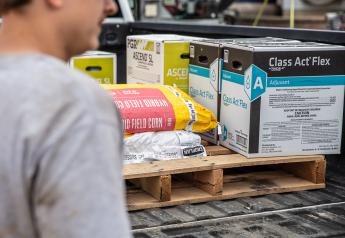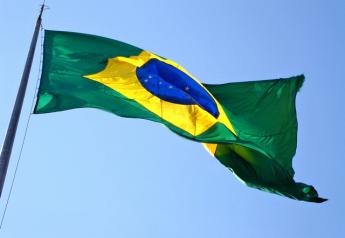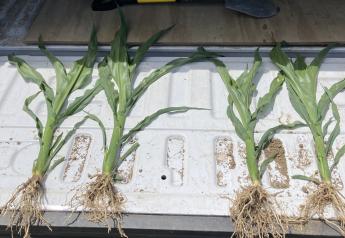Grassley Sends Letter to USTR in Support of Ethanol Import Tariff

via a special arrangement with Informa Economics, Inc.
Ethanol import tariff issue is far from over
| NOTE: This column is copyrighted material, therefore reproduction or retransmission is prohibited under U.S. copyright laws. |
Sen. Chuck Grassley (R-Iowa) on Tuesday sent a letter to United States Trade Representative Susan Schwab to reassure her that the ethanol import tariff is explicitly permitted under World Trade Organization (WTO) rules. Grassley’s letter is in response to questions raised by Senator Dianne Feinstein (D-Calif.) to Schwab about whether the import tariff violates the rules of the World Trade Organization.
Grassley's case: “Besides the fact that the ethanol tariff is perfectly in line with WTO obligations, it is also in line with our domestic energy policy which focuses on using homegrown ethanol to help rural communities across the country rather than sending more dollars to the Middle East or Brazil,” Grassley said. “Brazil has yet to even take advantage of exporting ethanol duty-free to the United States through the Caribbean Basin Initiative. Until Brazil takes full advantage of its ability to export ethanol duty-free, I don’t see why we should give Brazilian ethanol more generous treatment.”
CBI factor: Brazil has the opportunity to ship ethanol to the US duty-free through the Caribbean Basin Initiative (CBI). Up to 7 percent of the US ethanol market can enter duty-free, however Grassley noted that this cap has not once been filled since it first became available in 1990.
The following is a transcript of Grassley’s letter:
|
Comments: This issue is far from over -- especially if energy prices rally from their recent downturn. Also, recall that U.S. and European Union officials in the Doha Round negotiations had agreed to language that would have meant lower ethanol import duties. USDA Secretary Ed Schafer recently said he thought the import tariff should be lowered, but gradually. The Bush administration for several years has called for changes -- if not total elimination -- regarding the ethanol import tariff.
| NOTE: This column is copyrighted material, therefore reproduction or retransmission is prohibited under U.S. copyright laws. |







